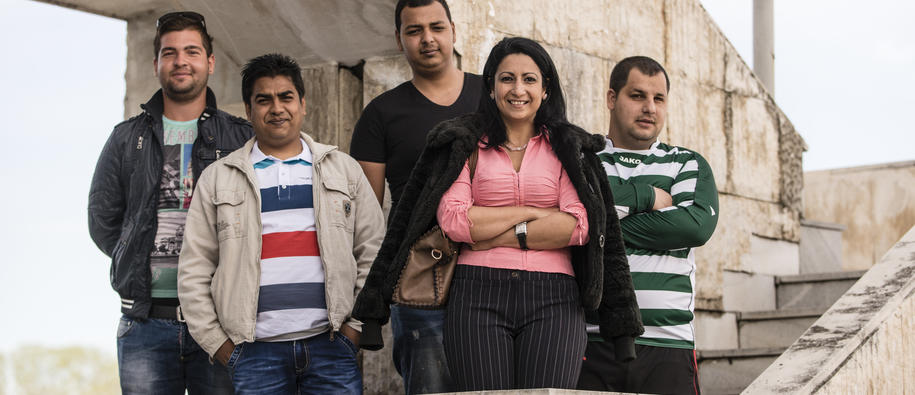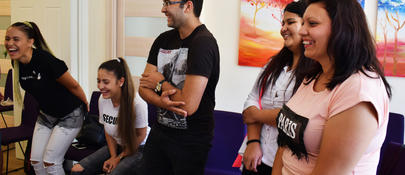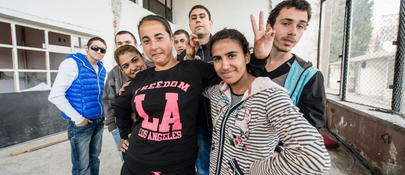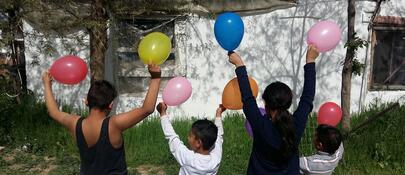
The Challenge
The Roma are Europe‘s largest ethnic minority, with an estimated population of 10-12 million. They are also one of Europe‘s most disadvantaged groups; many are denied access to adequate healthcare, housing and education, one third is unemployed and 90% live below the poverty line. The EU has long stressed a need for better Roma integration, and has since 2011 had an EU Framework for National Roma integration Strategies in place. Improving the situation requires efforts in a number of different areas:
More inclusive institutions and policies
By increasing Roma’s participation in the design and implementation of policies, it becomes easier to accurately assess the needs and ensure equal access to important services such as education, housing and healthcare.
Empowerment
It is not enough to address policies – driving change from the bottom-up is also necessary for improving the situation. Education, social entrepreneurship and training are examples of excellent tools for enabling Roma to change their own lives. Empowering Roma women is particularly important as they are less likely than men to have an education or a job, and face difficulties in accessing health care and social services.
Fighting prejudice
According to a recent EU wide survey, one out of three Roma have experienced harassment. Fighting stereotypes, prejudice and countering hate speech and hate crime is crucial for Roma to be able to live their lives to the fullest, free from discrimination. This goes both for discrimination among the public and within public institutions.
Our Approach
Our goal
We aim to enhance the inclusion and empowerment of Roma.
How?
The EEA and Norway Grants help support countries achieve their targets on Roma inclusion and implement their national Roma integration strategies by financing activities in the areas of education, employment, housing, healthcare, and in combatting discrimination. It is important to address the issues with a broad and comprehensive approach, and to target Roma in an explicit but not exclusive way. Involving the Roma community in meaningful ways is essential in achieving this.
Special focus is placed on countries with larger Roma populations – Bulgaria, the Czech Republic, Hungary, Romania and Slovakia. Supported activities include:
- Implementation of national, regional and local strategies for Roma inclusion
- Innovative approaches to improving the inclusiveness of public institutions and policies
- Empowering Roma, including women and young Roma leaders
- Combatting discrimination, including stereotyping of Roma
In addition to specifically targeted programmes, Roma inclusion and empowerment are supported through the Active Citizens Fund and several other areas, including justice and home affairs, health, research, and education.
Creating partnerships
The European Union‘s Fundamental Rights Agency (FRA) and the Council of Europe work as international partner organisations, contributing with their extensive expertise in the area. The Norwegian Association of Local and Regional Authorities (KS) is a donor programme partner in this area and can assist organisations from Norway who wish to get involved.




